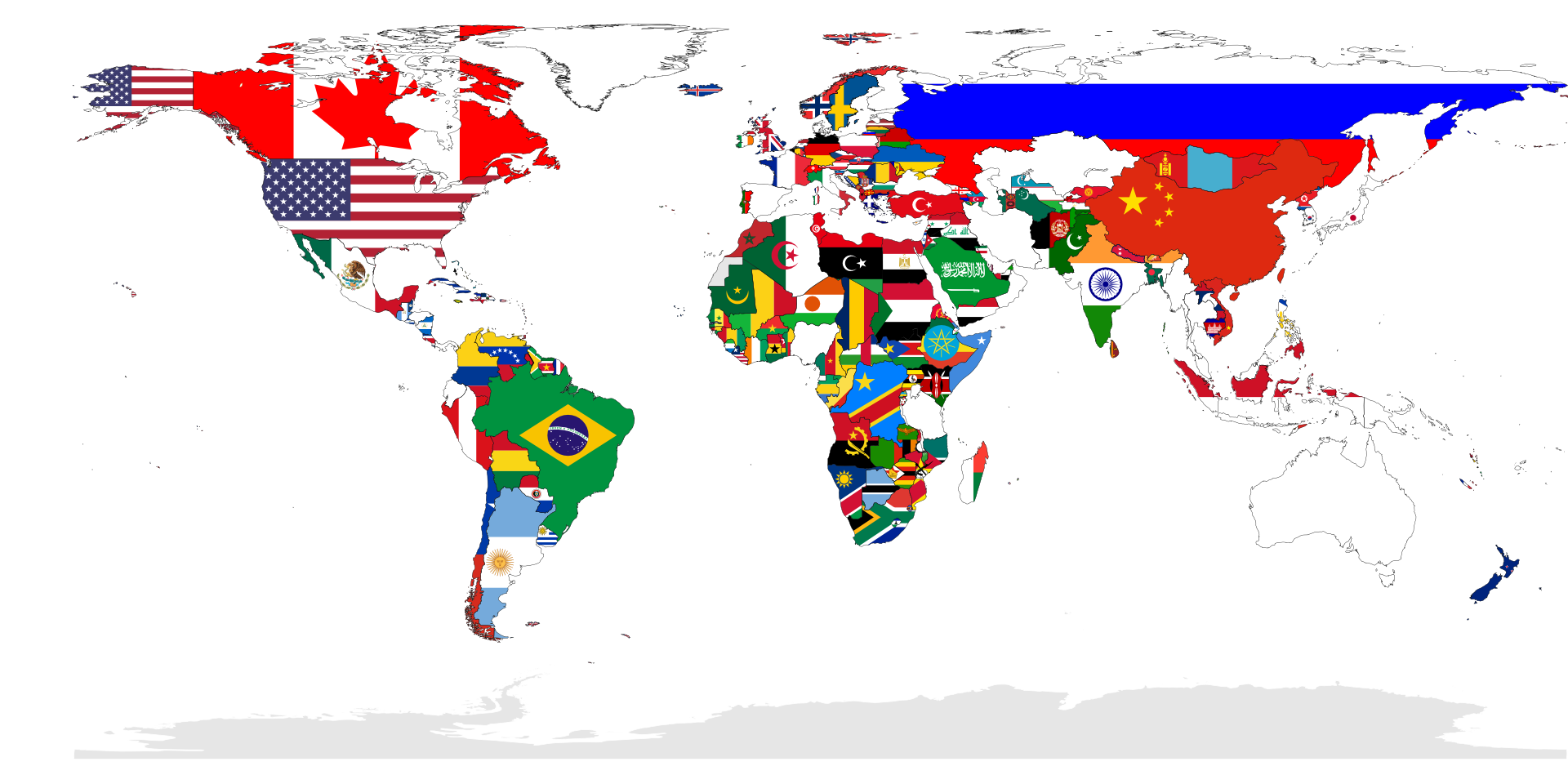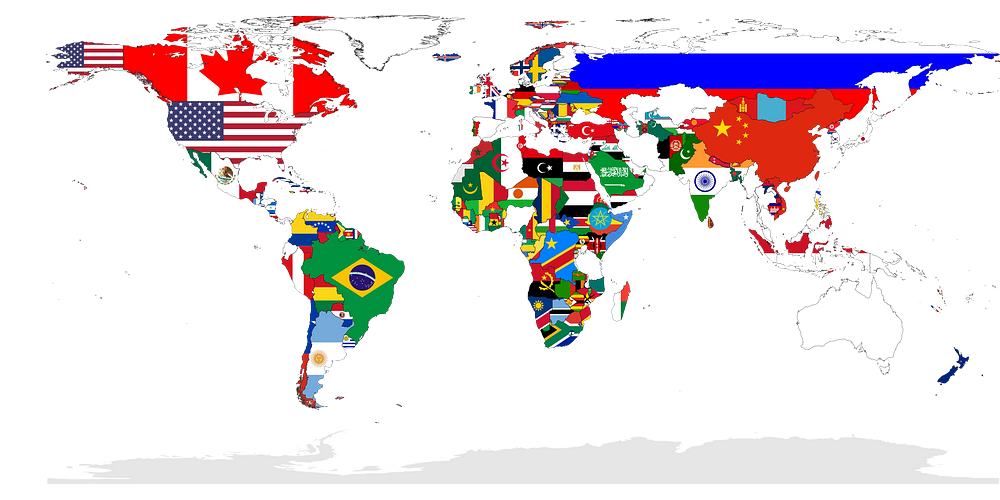
International Race for Quantum Computers
Now that Quantum 2.0 is upon us, countries are realizing its significance — and with it — trying to jump on board before the ship leaves the port. Along with AI and other Tough Tech sectors, experts representing governments (as well as private entities) are getting their house in order so their respective countries are not left behind in the race for quantum computers.
Major geopolitical players like the US, China, and Russia have already developed their own prototypes of quantum computers but are also being joined by a host of others.
With some projections estimating that QC enterprise value is set to reach more than a billion by 2026, national policies and strategies to build quantum technology R&D capabilities are well underway.
To emphasize this, TQD has tailored a list of the world’s 15 leading quantum computing countries with the most well-defined national initiatives in quantum technology. In some way, this is a call to action: a call to action to get other countries’ governments up to speed, in order to make the industry a clearly global one not built on elitism.

In total we count about $23 billion of funding announced internationally, and we are aware of initiatives to significantly increase this (we’re looking at you USA and China). We haven’t gone in to the numbers in detail here but you can find out more at The Quantum Insider (see below).
We hope you enjoy it.
15 Countries Investing in Quantum Computing
1. Austrialia (APAC)

Let’s start off with Australia, which although has no national strategy as we speak, has several R&D initiatives in the quantum computing. Those include the Australian Research Council Centres of Excellence with funding of some US$94 million for the period 2017–2024, the Department of Defence’s Next Generation Technologies Fund call-for-proposal on quantum technology (US$4.5M), the Sydney Quantum Academy — recently covered in a piece by TQD — as well as the Federal and state governments part-ownership of the startup Silicon Quantum Computing, founded by the eminent Professor Michelle Simmons.
2. Canada (Americas)

Canada is already an important global center for quantum computing as far as the startup and venture capital ecosystem go, Quantum Canada — the country’s national strategy established in 2016 — complements the other quantum initiatives that are only set to grow further in the coming years.
Presently, Canada can boast the Canadian Space Agency Quantum Encryption and Science Satellite (QEYSSat) mission, the National Research Council of Canada’s Security and Disruptive Technologies Research Centre: Quantum Sensors and Security program, the Natural Sciences and Engineering Research Council/UK Research and Innovation joint call for industry-academia consortia for quantum technology development (US$3.4M) making Canada one of the leading countries in quantum computing globally.
3. China (APAC)
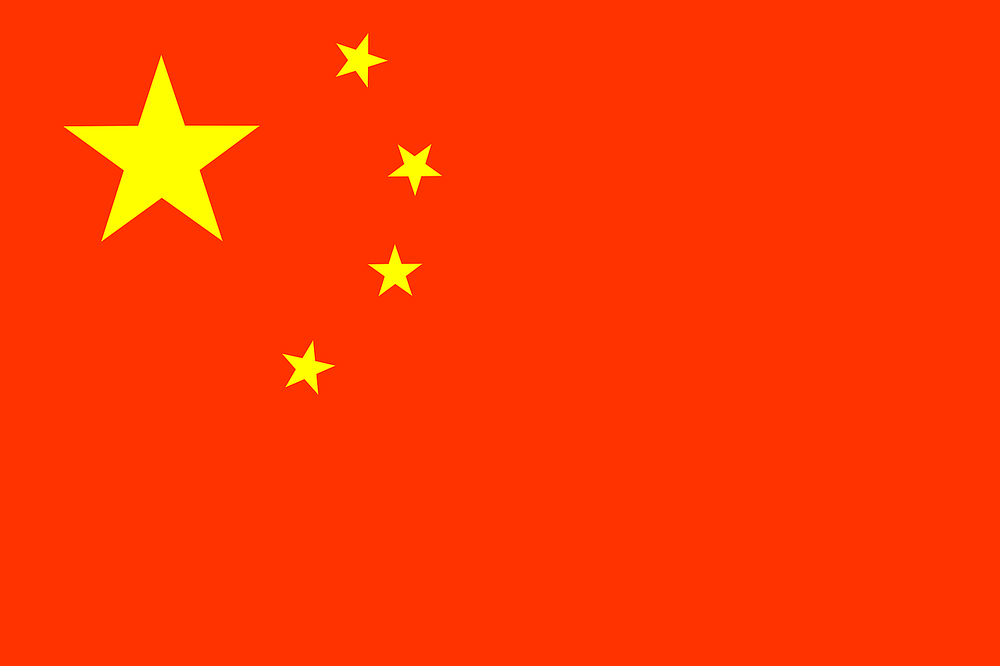
The US’s main global competitor in the quantum computing sector, China’s Made in China 2025 (MIC 2025) national initiative will see R&D projects in quantum technology and other high-tech industries.
But that’s not all, the Chinese Academy of Sciences Center for Excellence in Quantum Information and Quantum Physics, the Quantum Experiments at Space Scale (QUESS) project (the Micius satellite), the Beijing–Shanghai Quantum Secure Communication Backbone, and the National Quantum Laboratory — backed by a massive US$10 billion in funding over five years — are policy measures that will make China’s development in the quantum computer sector even more pronounced.
4. European Union (EMEA)
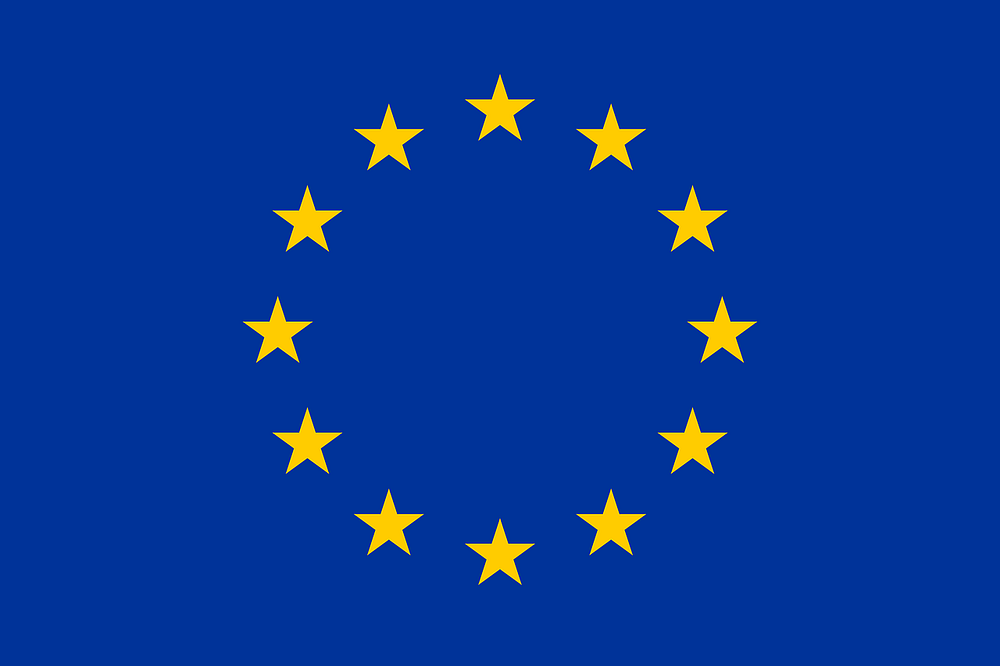
We’re cheating a bit here, as the European Union (EU) is a political and economic union of 27 member states rather than a sovereign country, but we think it’s worth mentioning the EU as one of the global leaders in quantum computing.
Even with the UK now gone after Brexit, the EU’s Quantum Technologies Flagship program, set up in 2018 with some US$181million in funding for the period 2018–2021 — as well as the EuroQCI Declaration — shows Brussels is as serious as any individual nation-state on developing quantum technologies.
Other R&D initiatives include QTEdu, the Quantum Industry Consortium, the coordinated international research funding partnership that is QuantERA (US$48.8M), the industry-academic consortium for QKD development, OpenQKD, while not forgetting the European Quantum Communication Infrastructure (EuroQCI) project that is a Europe-wide initiative in building a secure quantum internet.
5. France (EMEA)

Along with the UK and Germany, France leads Europe’s quantum computer race with its effort in supporting quantum technologies. Its National Strategy for Quantum Technologies, with some US$1.8 billion promised the sector, includes the Grand Challenge on first-generation NISQ quantum accelerators, an Industrial Development Program to help near-market public-private collaborative R&D, financial support for hundreds of new doctoral students, postdocs and young researchers, as well as specific-industry training.
6. Germany (EMEA)

Germany’s national strategy, Quantum Technologies — From Basic Research to Market, established in 2018, includes US$3.1 billion to support quantum technology research in the country’s COVID recovery with a framework encompassing a Centre of Excellence for Quantum Technologies, a call for proposals for academic-industry collaborative projects, a Grand Challenge competition in quantum communication, as well as other projects planned to take Germany to the top of research in the region.
Additionally, the Fraunhofer-Gesellschaft-IBM collaboration promises to build the continent’s first quantum computer by 2021. QuNET — an initiative set up in 2018 to develop a quantum network for secure data transmission between federal authorities — is another project with exciting possibilities.
7. India (APAC)

The second most populous nation on earth, India’s National Mission on Quantum Technologies & Applications, established in 2020, includes the impressive five-year plan (2020–2024) with a budget of US$1 billion. It will concentrate research in computing, communications, sensing, and materials science.
The mission also wants to create four research parks around the country and more than twenty hubs for quantum research purposes.
8. Israel (EMEA)

2019’s National Program for Quantum Science and Technology is Israel’s effort to help this small but innovative nation compete with the world’s leading countries in the application of quantum technologies in industry and defence. With some US$360 million over 6 years, of which US$58 million is in new funding, the program plans to set up modern research labs, forge national quantum computing hardware infrastructure and build a state-of-the-art R&D centre.
9. Japan (APAC)
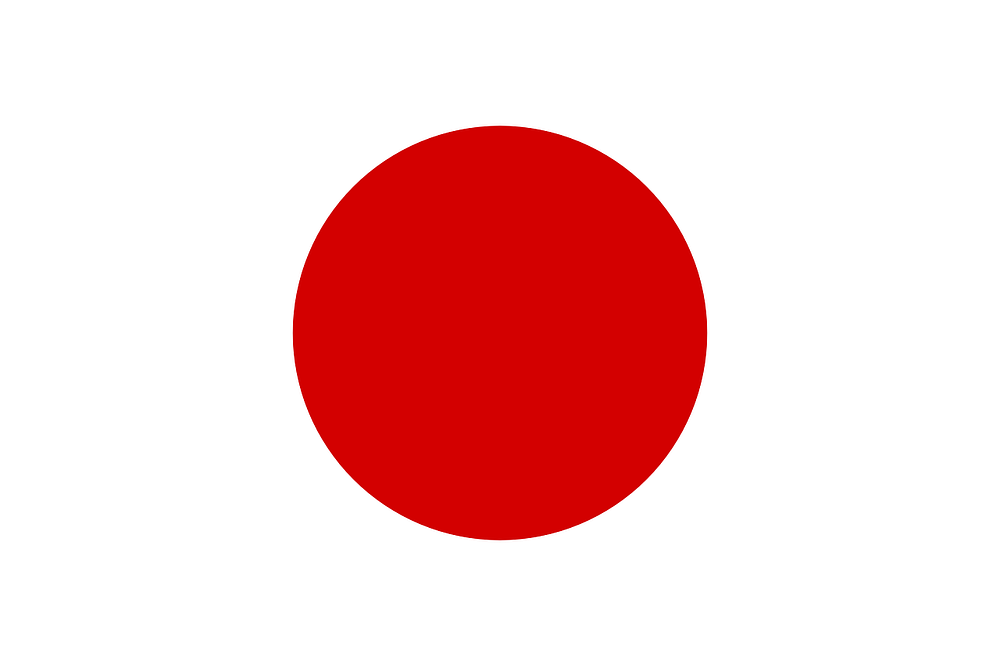
A technological global leader, Japan’s close neighbour has been slowly catching up to it over the last decade or two and may one day replace it. When it comes to quantum technology, however, the Chinese lead the Japanese in innovation — but that doesn’t mean Japan is down and out.
Far from it: the country’s Quantum Technology Innovation Strategy established in 2020 — with some US$470 million allocated to it — will help the roadmap where four technological areas and three integrated innovation areas in sectors such as biotechnology and AI are established. A number of quantum innovation centres will be set up, too, along with nearly a dozen venture companies backed by government investments
But that’s not all: the Quantum Leap Flagship Program (3 flagship projects and supporting basic research) and the incredible Goal 6 of the Moonshot Research and Development Program — which hopes to build a practical 100-qubit NISQ computer and effective quantum error correction by the start of the next decade, and deliver a large-scale, fault-tolerant quantum computer by at least 2050 are all in the pipeline.
10. Netherlands (EMEA)

Known for their innovation and business-like attitude since at least the 15th century, the Dutch — though small in population and landmass — cut well above their weight when it comes to quantum tech: The country’s National Agenda for Quantum Technology: Quantum Delta NL, set up in 2019, is one of the finest on the European continent. With a planned 7-year investment of US$740 million, thirty million of which has been promised over 5 years in 2020, you can see why the Netherlands is committed to being a major player in quantum innovation over the next decade.
Part of the plan centres around three catalyst programs, one to build the first European quantum computing platform, the second to establish a National Quantum Network, and the third to develop quantum sensing applications.
The country also wants to build five Innovation Hubs, establish several laboratories, broaden educational programs, nurture industry internships, align specialist courses for those in industry, and begin a technology transfer program that offers support for thriving the startup ecosystem that exists within the country.
11. Russia (EMEA)
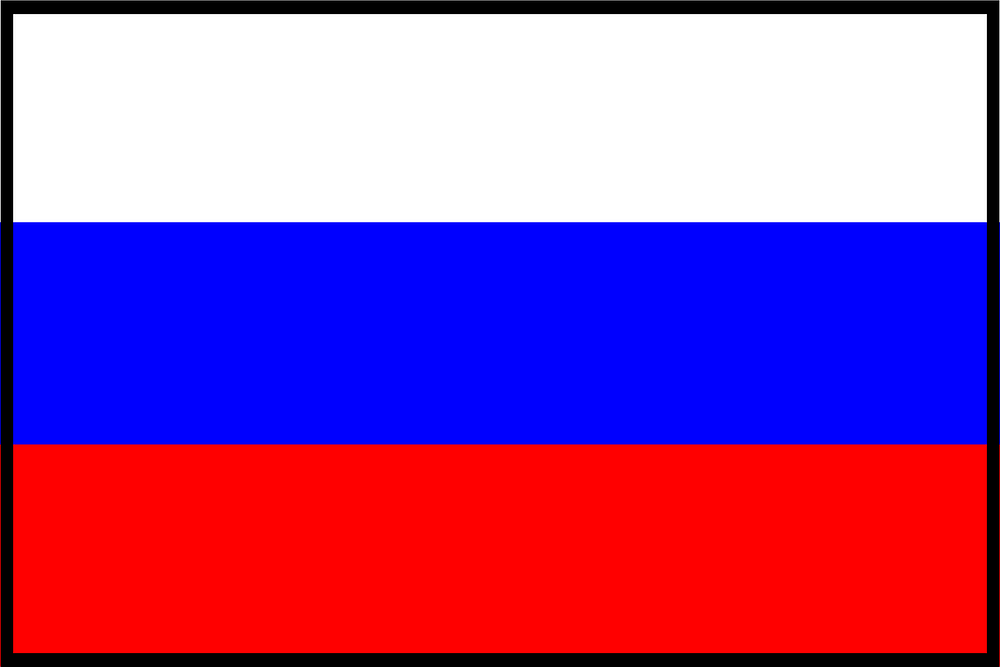
Nobody was in doubt that Russia would be included on the list of the top quantum computing countries, and with the Quantum Technologies Roadmap established in 2019 backed by US$663 million over five years.
The Quantum Technologies Roadmap has the support of three state-owned organizations: Rosatom for quantum computing, RZD (Russian Railways) for quantum communications, and Rostec for quantum sensing and metrology. And with a roadmap whose proposal is to construct a 30–100 qubit computer by 2024 and a 1000 qubit offering by 2030, it’s a sure sign the politicians in Moscow a fully committed to taking Russia to a leadership role in the quantum race.
Other initiatives are the National Quantum Laboratory, (NQL) set up last year under the auspices of ROSATOM. RZD pilot quantum internet, which was underway in 2020 with assistance from venture investment funds in partnership with Russian Venture Company, hopes to see Russia take a lead in quantum communication technology.
12. Singapore (APAC)

Another country doing much more than its size should permit, Singapore’s Quantum Engineering Program established in 2018 ) is a national initiative to fund research and build the quantum ecosystem. With US$109 million in funding from 2018–2025, if nothing else it will make the business-friendly country a regional powerhouse in the space.
The Centre for Quantum Technologies (CQT), too, a research centre of excellence supported by the National Research Foundation with core funding of US$74.8 million secured for the period of 2017–2024, is one of the best in the world.
Another contributor is SGInnovate, a private organisation wholly owned by the Singapore Government that functions to assist entrepreneurial scientists build Deep Tech startups. QKD technology for Singtel’s fibre network and QKD Qubesat, in partnership with UK’s RAL Space, are two other government-back initiatives.
13. South Korea (APAC)

With US$37 million over 5 years, the South Korean government’s Quantum Computing Technology Development Project, established in 2019, aims to develop hardware for quantum computers and simulators in the form of a practical 5-qubit machine with some 90% reliability by 2023, as well as the development of software for quantum computers.
14. United Kingdom (EMEA)

Set up in 2013, the National Quantum Technologies Programme was the UK’s move to place itself at the forefront of cutting-edge quantum innovation. Funding came in the form of US$540 million for the first phase covering the period from 2014–2019), while US$473 million has been guaranteed for the second phase.
Other initiatives include the National Quantum Computing Centre established to develop industry perspectives while promoting a UK-based quantum supply chain and centres for academic training and Skills Hubs in the practical domain of Quantum Systems Engineering.
Rigetti Computing, a leading quantum computing company, has partnered with the government and leads a consortium to develop the UK’s first quantum computer by 2023.
The government also actively supports UK quantum startups in several ways.
15. United States (Americas)

Last but certainly not least is the US with its plethora of projects in the quantum tech space.
First off is the National Quantum Initiative set up in 2018 with an impressive US$1.275 billion allocated to it. That is followed by the National Quantum Coordination Office, part of the White House Office of Science and Technology Policy, the National Science Foundation, within it three Quantum Leap Challenges Institutes, a Quantum Foundry, a Center for Quantum Networks, five Quantum Information Science Centers backed by the Department of Energy (DoE), plans for a nationwide quantum internet, the Quantum Economic Development Consortium (QED-C), established to build relationships between industry, academic and government stakeholders to nurture the ecosystem and develop supply chains.
In education, the White House Office of Science and Technology Policy and the National Science Foundation is spearheading the National Q-12 Education Partnership, established to foster a range of training opportunities, increase the capabilities, diversity and number of students who are ready to engage in the quantum workforce.
Have we missed any out or got something wrong? If so, don’t hesitate to contact us at [email protected].
The Quantum Insider (TQI)

For more market insights, check out our latest quantum computing news here.


